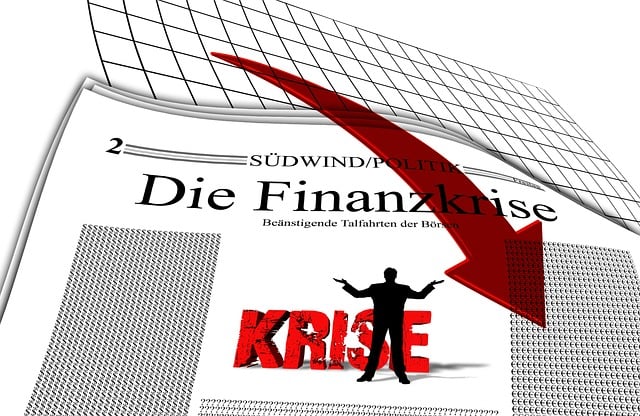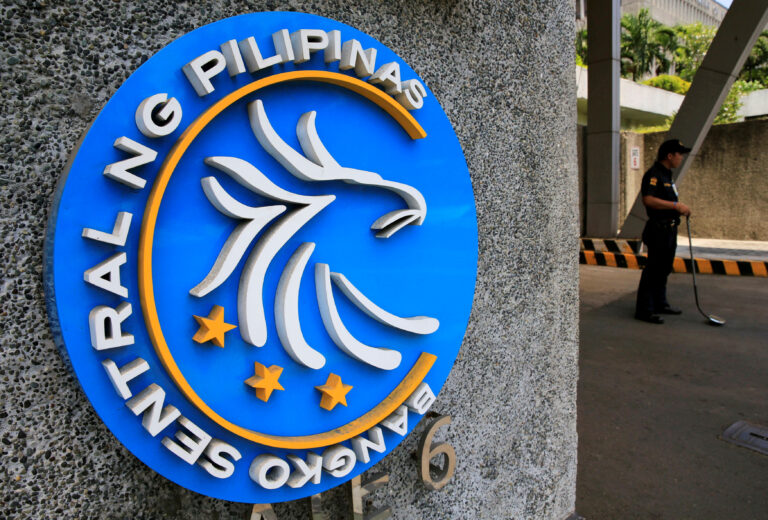The article discusses the growing skepticism surrounding Central Bank Digital Currencies (CBDCs), particularly as Canada…
Category: Institutions (Forcing the reset)

The Great Taking: What Is It And How Can You Protect Yourself From It?
David Webb’s article, “How to Survive the Great Taking,” outlines a dire prediction of a…

Mainstream Media Claims Digital Platforms A Must for Filipinos
The article emphasizes Filipinos’ need to adopt digital platforms for everyday transactions, highlighting their convenience,…

GCash Security Breach Highlights Risks as Philippines Moves Toward Digital Currency
The Philippine central bank is examining GCash following accusations of unauthorized transfers, which the company blamed on…

Senator Pimentel Urges Fiscal Discipline Amid Record National Debt
Senate Minority Leader Koko Pimentel urged the government to show fiscal discipline in the face…

America’s Debt Crisis: Can Crypto Be the Solution?
Elon Musk and Senator Rand Paul are warning about unsustainable U.S. debt, which Musk attributes…

U.S. Economic Woes Linked to War-Driven Policies
U.S. stocks fell dramatically on September 3 due to dismal manufacturing data and a reduction…

How Financial De-Banking Is Being Used to Control Behavior
The article examines the phenomenon of financial de-banking, where individuals or organizations are denied access…

Philippines Pilots Integration of National ID, E-Wallets: Are We On The Road To Central Bank Digital Currencies?
The Philippine Statistics Authority (PSA) and the Department of Information and Communications Technology (DICT) have…

WEF, CBDC, and Digital ID: The Path Towards Digital Slavery
The article summarizes a report by the World Economic Forum (WEF) which is advocating for…
